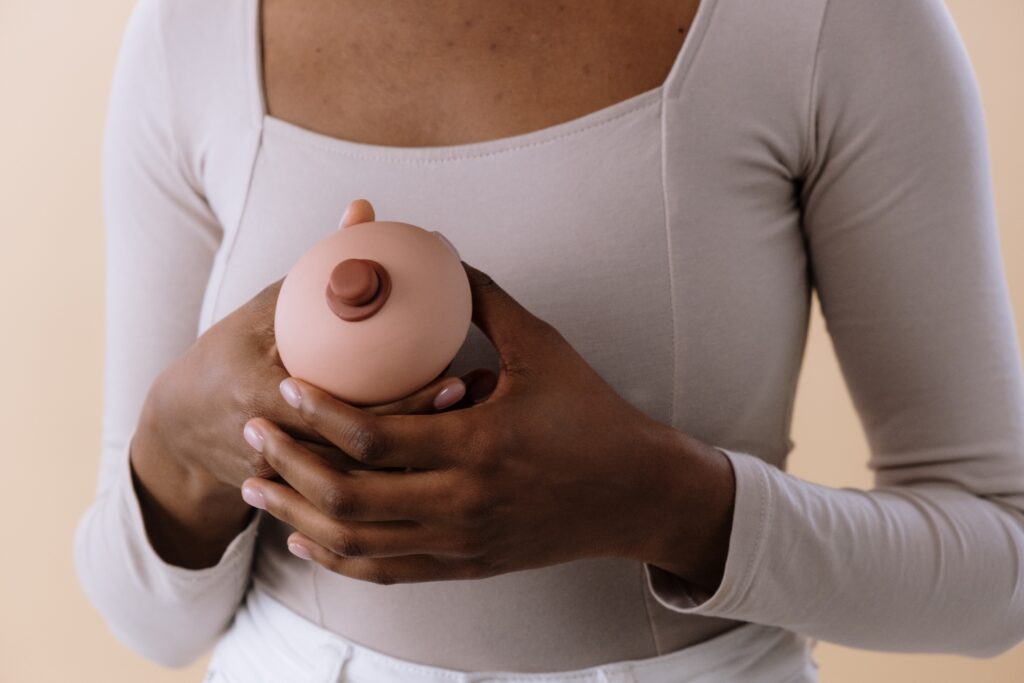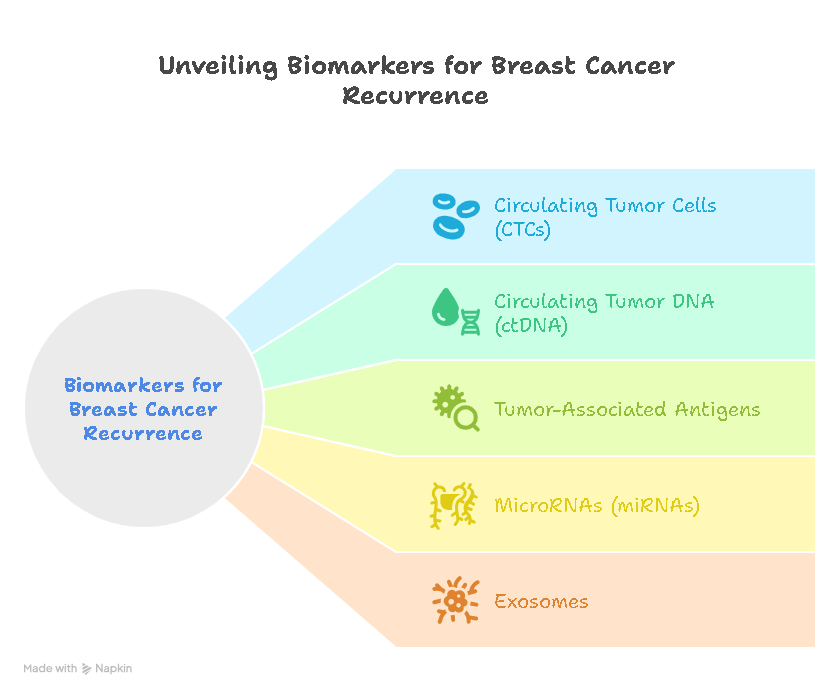Introduction:
Taking care of your nipple health is an often overlooked yet crucial aspect of overall well-being. Proper nipple care not only ensures physical comfort but also prevents potential complications. In this article, we’ll delve into a comprehensive guide on maintaining optimal nipple health. From understanding the anatomy of the nipples to implementing practical care strategies, we’ve got you covered.

1. Nipple Anatomy: Understanding the Basics
Nipples are more intricate than they seem. They comprise sensitive tissue, Montgomery glands, and nerve endings. Understanding their structure is fundamental to effective care.
2. The Significance of Nipple Health
Maintaining healthy nipples goes beyond physical comfort. Healthy nipples are less prone to soreness, infections, and chafing. They also play a vital role in breastfeeding.
3. Hygiene Matters: Keeping Nipples Clean
Regular cleaning with mild soap and water is essential to prevent the buildup of bacteria and sweat that can lead to discomfort and infections.
4. Moisturizing for Comfort
Using a hypoallergenic, lanolin-based moisturizer helps prevent dryness, cracking, and discomfort, especially in harsh weather conditions.
5. Choosing the Right Clothing
Wearing soft, breathable fabrics reduces friction and irritation. Avoiding tight-fitting bras is crucial to preventing chafing and blocked ducts.
6. Sun Protection for Nipples
Yes, your nipples need sun protection too. Applying a broad-spectrum sunscreen safeguards them from UV damage, which can cause discoloration and sensitivity.
7. Nipple Shields for Athletes
Active individuals, especially runners, can benefit from nipple shields. These provide a barrier against friction, preventing painful chafing during workouts.
8. Proper Handling During Breastfeeding
For nursing mothers, maintaining nipple health is vital for both the mother and the baby. Ensuring a proper latch and using safe nursing practices are paramount.
9. Addressing Common Issues
From soreness to infections, addressing common nipple issues promptly is key to preventing complications. Consult a healthcare professional if any concerns arise.
10. Embracing Self-Exams
Regular self-examinations help in detecting any abnormalities early. Look for changes in color, texture, or the presence of lumps, and consult a doctor if needed.

11. The Role of Diet in Nipple Health
Believe it or not, your diet plays a role in nipple health too. Nutrient-rich foods like fruits, vegetables, and omega-3 fatty acids contribute to healthy skin, including your nipples.
12. Preventing Nipple Chafing
Chafing can be incredibly uncomfortable. To prevent it, consider using moisture-wicking fabrics, applying anti-chafing creams, and avoiding excessive friction.
13. Recognizing Allergic Reactions
If you notice redness, itching, or irritation on your nipples, it might be due to an allergic reaction. Identify potential triggers and avoid them to maintain nipple health.
14. Nipple Piercings: Aftercare Tips
If you have nipple piercings, proper aftercare is crucial. Keep the area clean, follow piercing guidelines, and consult a professional if you suspect any complications.
15. Pregnancy and Nipple Changes
During pregnancy, hormonal changes can lead to nipple sensitivity and alterations in color and size. Proper care during this time is essential.
16. Nipple Health and Aging
As you age, your skin changes, and nipples are no exception. Adequate moisturization and protection become even more important to prevent discomfort and sagging.
17. Recognizing Warning Signs
Being proactive is key to maintaining nipple health. If you notice persistent pain, unusual discharge, or changes in appearance, consult a healthcare provider.
18. Emotional Well-being and Nipple Health
Physical well-being is closely linked to emotional well-being. Practicing stress-relief techniques can indirectly contribute to nipple health by promoting overall health.
19. Nipple Health Myths Debunked
Separating fact from fiction is vital. Don’t fall for common myths; instead, rely on credible sources and expert advice for proper nipple care.
20. Finding the Right Nipple Products
From moisturizers to creams, finding the right products for your nipple care regimen can make a significant difference. Look for gentle, non-irritating options.
21. Seeking Professional Guidance
If you’re unsure about your nipple health or facing persistent issues, consulting a healthcare professional or dermatologist is recommended.
22. Holistic Approaches to Nipple Care
Holistic approaches, such as using natural ingredients and considering emotional well-being, can complement your nipple care routine.
23. Cultural and Societal Influences on Nipples
Nipples hold cultural and societal significance. Understanding different perspectives can help you navigate conversations and decisions about your nipple health.
24. Long-Term Benefits of Nipple Care
Investing time and effort in nipple care yields long-term benefits. From preventing discomfort to promoting self-confidence, healthy nipples contribute to your well-being.
25. Spreading Awareness: Advocating Nipple Health
Spreading awareness about nipple health is essential to break taboos and encourage open discussions. Share your knowledge with friends, family, and online communities.
FAQs:
Q: How often should I clean my nipples?
A: It’s recommended to clean your nipples daily, preferably during your regular shower.
Q: Can men benefit from these nipple care tips?
A: Absolutely! Nipple health is essential for everyone, regardless of gender.
Q: What can I do to relieve nipple soreness while breastfeeding?
A: Applying lanolin cream after nursing and using proper breastfeeding techniques can help alleviate soreness.
Q: Are there specific moisturizers suitable for nipple care?
A: Yes, hypoallergenic and lanolin-based moisturizers are ideal for nipple care.
Q: Is it necessary to wear a bra all the time?
A: No, allowing your nipples to breathe by going braless at times can prevent irritation.
Q: How often should I perform self-examinations?
A: Monthly self-exams are recommended to monitor any changes in nipple health.
Conclusion:
Caring for your nipple health should be an integral part of your self-care routine. By understanding the anatomy, following proper hygiene, and implementing practical tips, you can ensure your nipple’s comfort and prevent potential issues. Remember, healthy nipples contribute to overall well-being. So, embrace these practices and prioritize your nipple health for a happier and more comfortable life.
Q: Can hormonal changes affect nipple health?
A: Yes, hormonal fluctuations, such as those during menstruation or pregnancy, can impact nipple sensitivity and appearance.
Q: Are there any exercises that promote nipple health?
A: While there aren’t specific exercises for nipple health, overall physical activity can contribute to better blood circulation and skin health.
Q: Can I use coconut oil for nipple moisturization?
A: Yes, organic coconut oil can be a natural moisturizer for nipples. Ensure you’re not allergic before using it.
Q: Is nipple sensitivity normal?
A: Yes, nipples are naturally sensitive. However, sudden changes in sensitivity might warrant a closer look.
Q: Can nipple health affect breastfeeding?
A: Absolutely. Healthy nipples are essential for successful breastfeeding and the baby’s comfort.
Q: Are there any nipple-specific medical conditions?
A: While rare, conditions like Paget’s disease can affect nipples. Regular self-exams help in early detection.
In conclusion, prioritizing nipple health is a holistic endeavor that encompasses physical care, emotional well-being, and accurate information. By following the outlined tips, debunking myths, and advocating awareness, you’re taking a significant step towards a more comfortable and confident you.











Leave a Reply